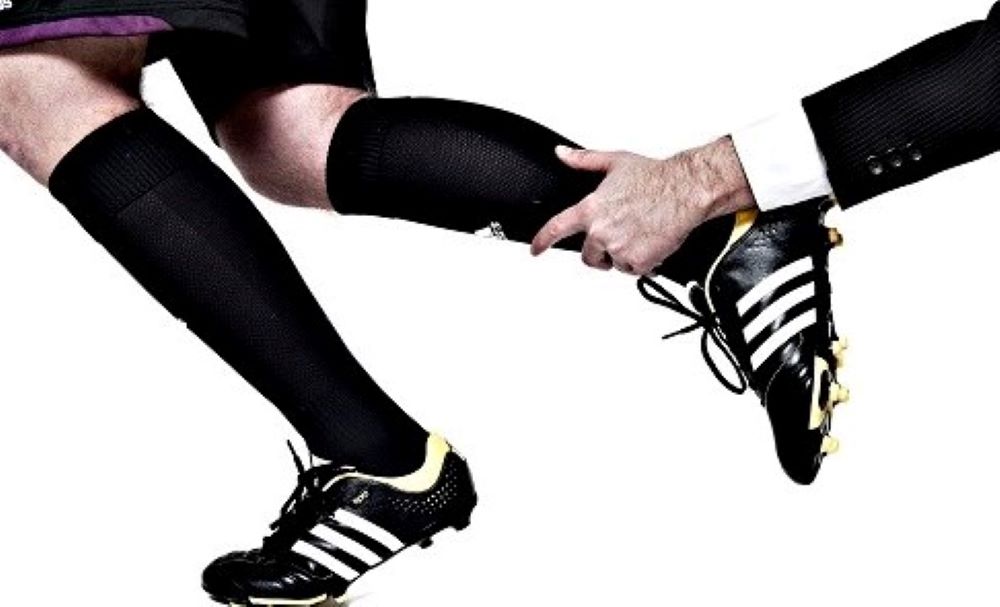Politics has a great influence in creating a negative image of sport, because politics sees sport as its hostage and its privilege, and not as a privilege of all social strata of society.

Pero Antic
At the beginning of the second decade of this century, we must, slowly but surely, change our attitudes towards sport and start working to reduce the influence of politicians on sport today.
Namely, there are stories that keep getting louder (and clearer) about how sport is becoming just another tool for growing economic power and profitability of individuals and groups, and cares less and less about the social sphere for which it was formed: to provide entertainment, leisure, socializing and more, in a wider circle of people (society).
However, politics (especially in our region) has a great influence in creating this (negative) image of sport, because politics sees sport as its hostage and its privilege, and not as a social privilege, or privilege of all social strata of society.
From the point of view of its position in the socio-economic structure, sport is the primary area of capital investment and the area of economic existence of millions of people, and not only that, but also a field where many people earn and make millions.
Sport is expressed both as an area of affirmation of human humanity and, in general, as a means of humanizing social relations, as opposed to the various subconscious and rational atavistic elements of man.
It is, at the same time, an area of coordination and democracy building, as opposed to statist claims and abuse of power.
Under certain social circumstances, sport can become an area of abuse for the political factor, a sphere of covert militarization of society, an area of a-political rule and seduction of people.
It is also one of the primary areas of democratic control and limitation of the elementary abuses of political power, the area of social identification and the broad area of various social activities of the people.
While, at the international level, sport can be seen as a way to improve the image or the strategy of a country, on the other hand, this attitude should not be a sufficient indicator to overshadow the outstanding sports potential for fostering personal development and relationships between individuals.
In contrast to its prestigious attributes, sport is, on a much smaller scale, a vector for promoting the values of a society and social rapprochement and, as such, it provides a framework for socialization that paves the way for many educational and preventive initiatives.
……
There are two ways to use sport for political purposes.
On one hand, it can be exploited to promote ideology in the service of national and economic ambition or to improve its image on the international stage, a scenario in which sport is in the service of government interests.
On the other hand – it is a version that should be used more for political purposes in a social sense; with a civic dimension through which links can be created that are a developmental mechanism for social cohesion and reconciliation, so that sport is in the interests of people and society and in the service of each individual.
Sports movements, international organizations and civil society today are in a position to ask how they can use the visibility of sport and its power of attraction to promote various development issues and conflict conflicts. That awareness gives everyone a great responsibility for the sport. All those projects that are realized in sports must respect the condition of neutrality and independence.
In order that the activities undertaken in sport are effective and relevant, the requirements that the sports authorities make to the state authorities must be in accordance with the obligations of the international sports associations and individuals, with all the energy and resources at their disposal, so that it would be a successful intervention in the most endangered areas, which are: areas of conflict, areas of poverty, sensitive areas in the urban area where social ties themselves are falling apart.
There are many social ills to combat this:
Community hatred, continuing armed conflict, recurring or sectarian interethnic disagreements, increased nationalism, endemic poverty, juvenile delinquency, fear of others based on ignorance, difficulties in reintegrating those social structures into the community where they are traumatized and rejected by all, caring for different social structures. And so the list goes on…
The question is: is it possible to establish a set of rules through sport in places where they have not existed for a long time and where it is really needed?
Pero Antic, ex basketball player for the Macedonian national team and the NBA



Leave A Comment